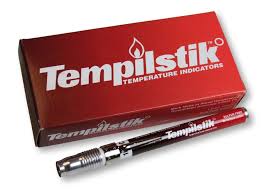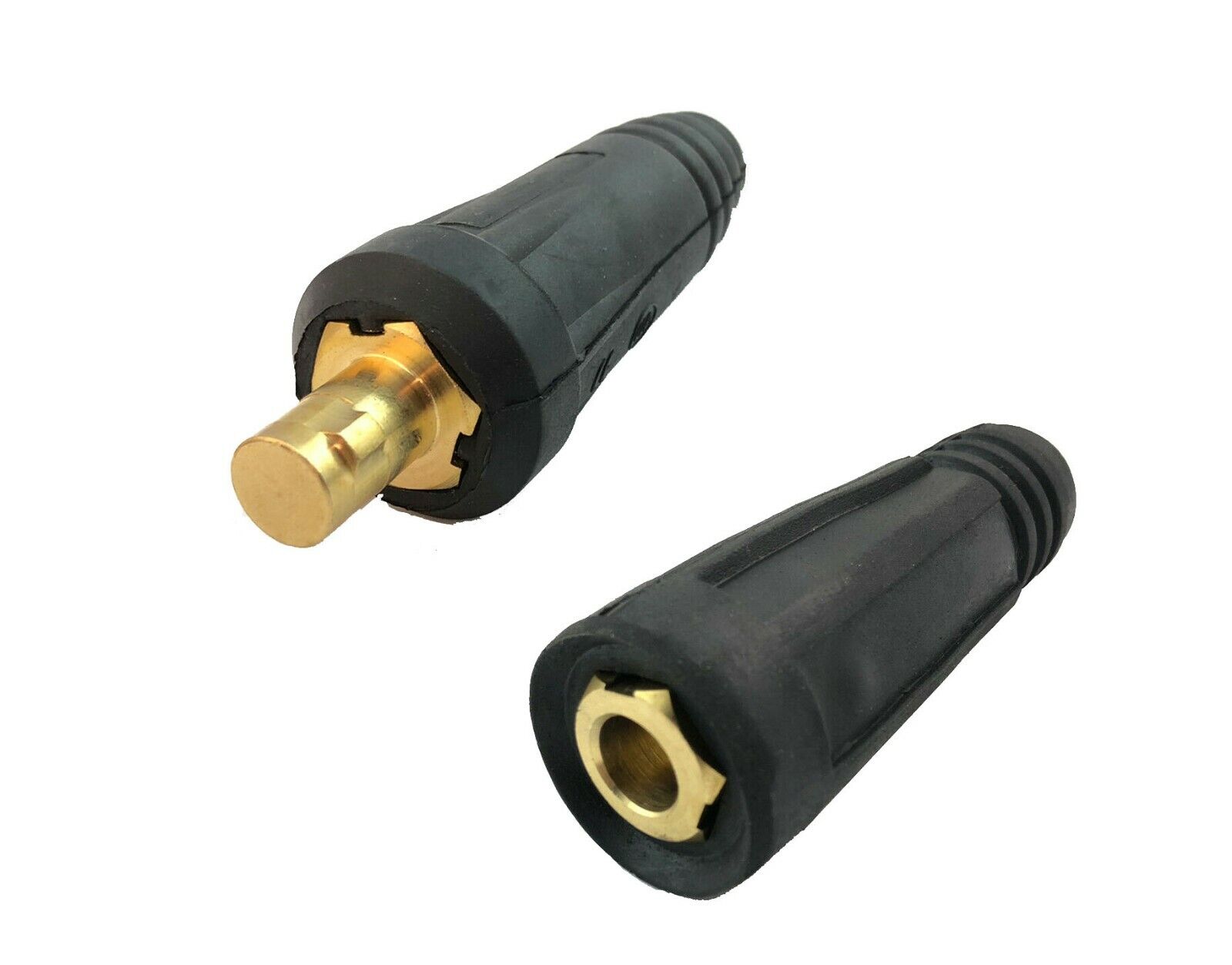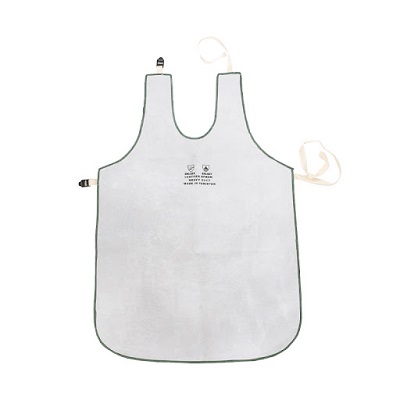Low chloride markers are specially formulated writing tools used in various industrial applications, particularly in the welding and metalworking industries. These markers are designed to leave marks that are resistant to contamination from chlorine, making them ideal for use in environments where the presence of chlorides could lead to rust or other forms of corrosion. They are commonly used for marking materials that will undergo welding, fabrication, or other processes where high temperatures or exposure to chemicals may be present.
These markers are often used for marking on metals, plastics, and other surfaces in environments where high precision and clear markings are necessary. The low chloride formula ensures that the marks will not contribute to welding defects, such as weld porosity, or cause issues with the integrity of the material being worked on.







